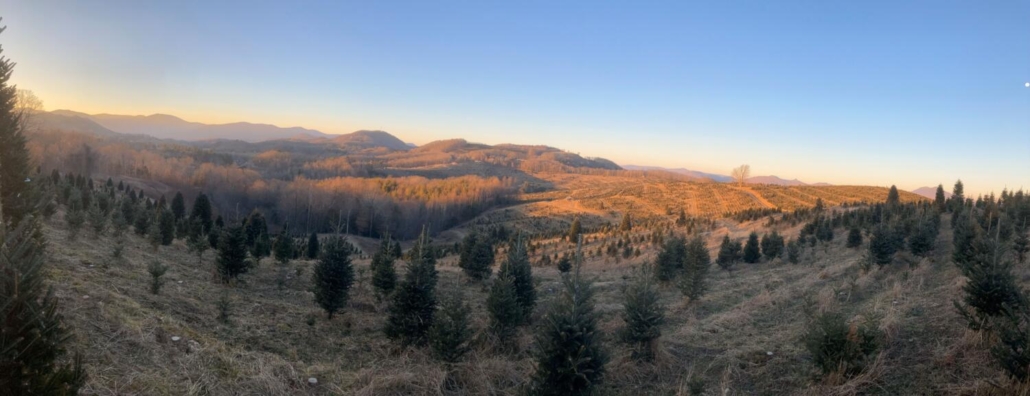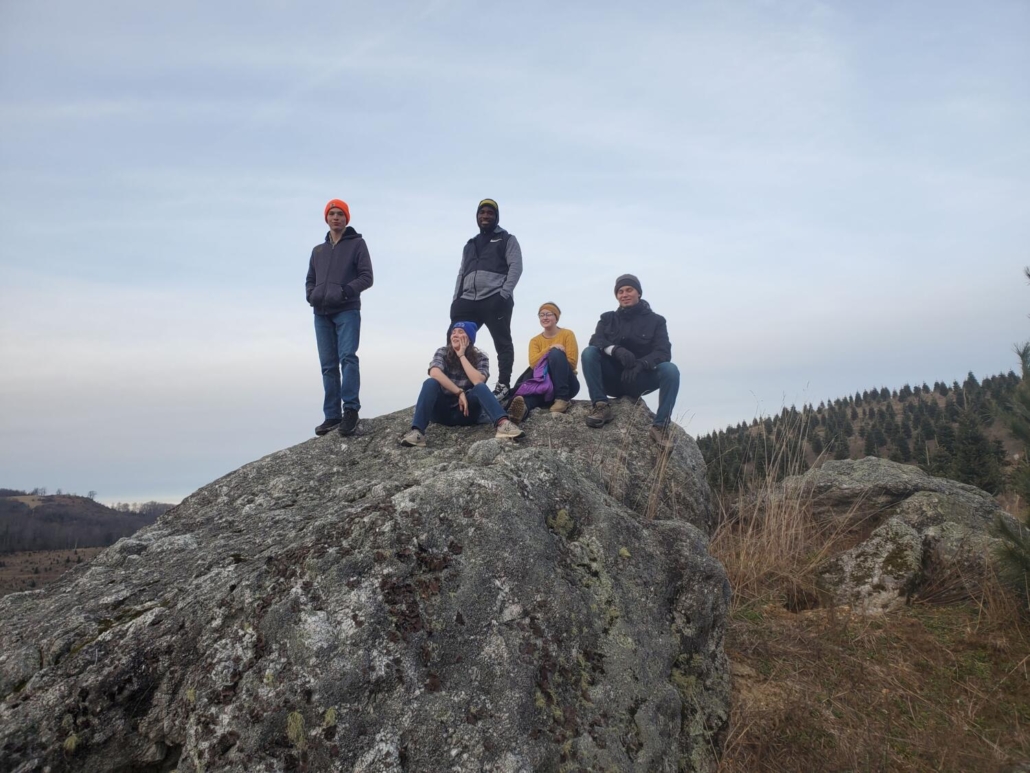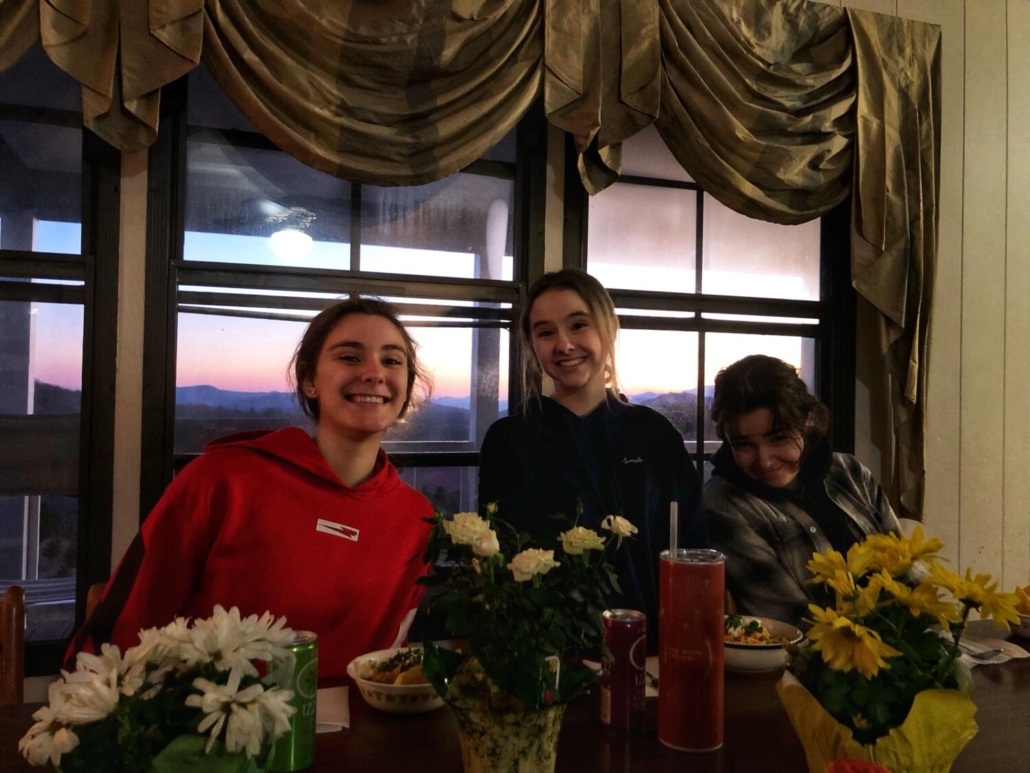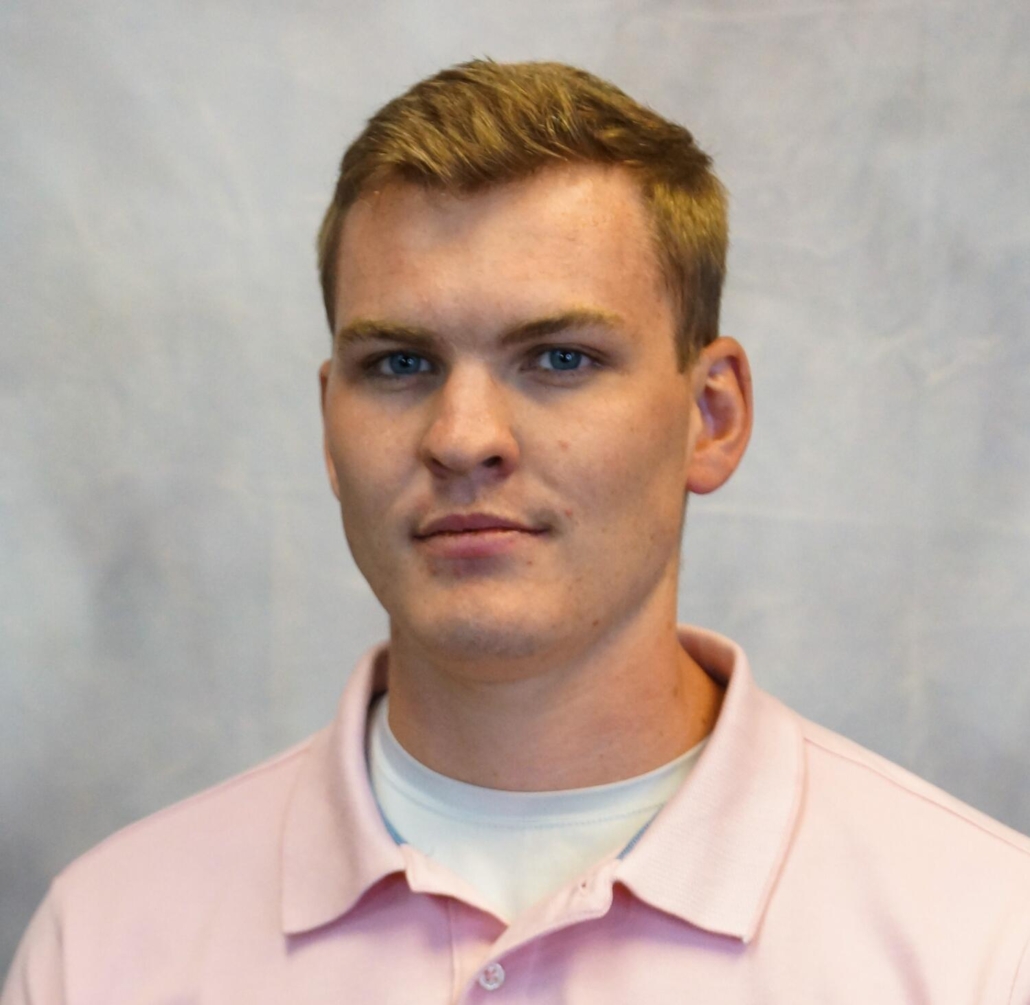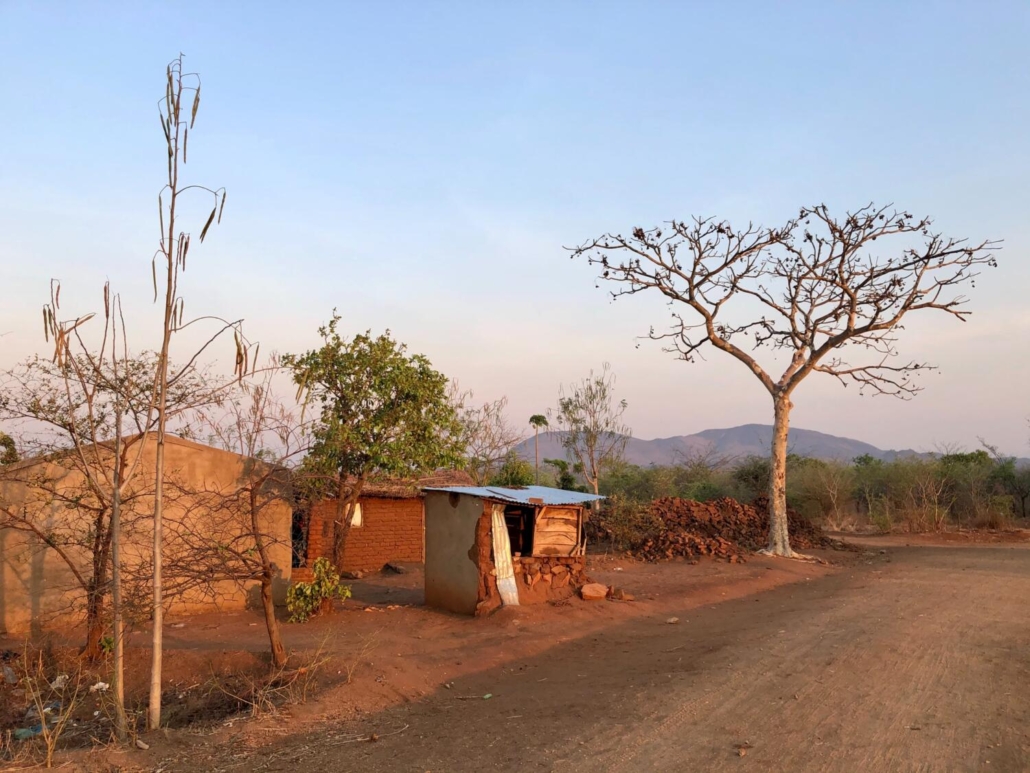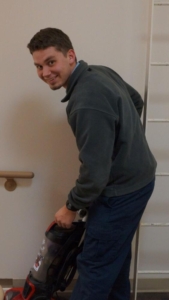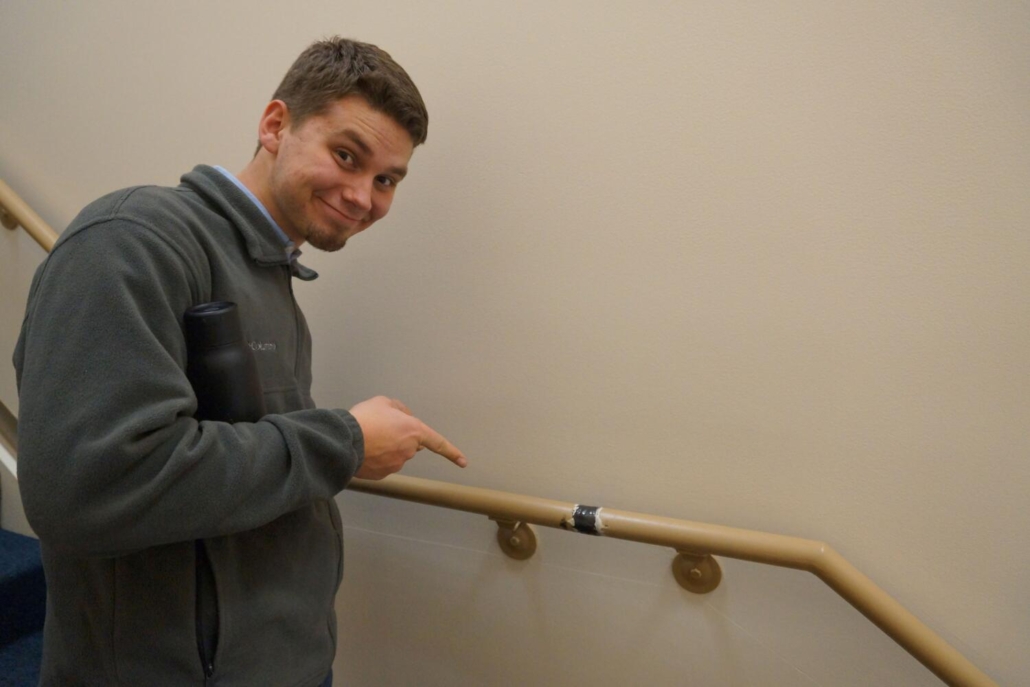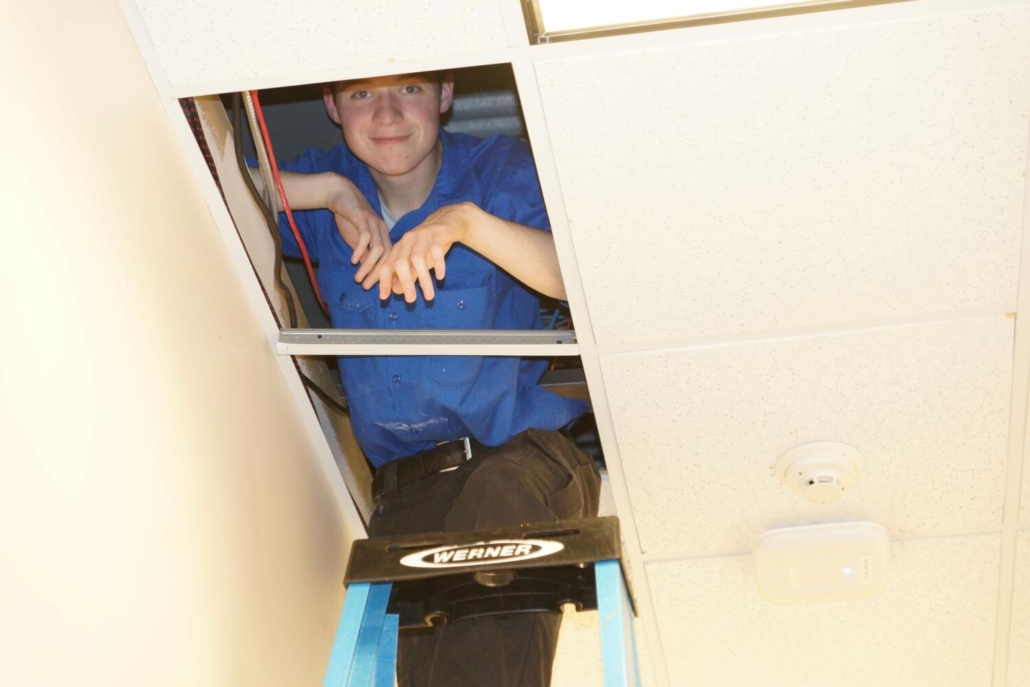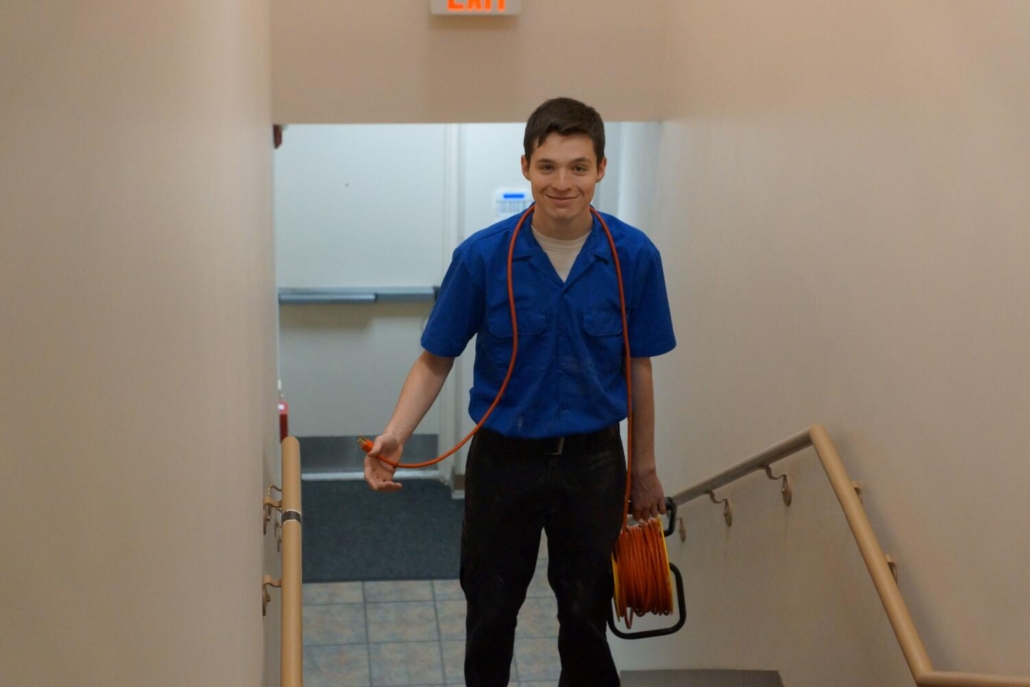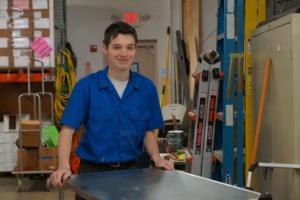Read Good Books!
Author: Nathan Kroon | Student Leader, Living Education – Charlotte, 2022-23
Estimated Reading Time: 4 min.
Mr. Gerald E. Weston began this forum by presenting the students of Living Education with a question: “How accurate is the statement ‘a picture is worth a thousand words’?”
He explained that, in reality, a picture is limited in scope and in size, and is therefore limited in what it is able to teach you. It does not tell you what went before and after, or what is outside of its limits. This was a revelation he learned from Neil Postman’s, Amusing Ourselves to Death. Another lesson from that book is how we define intelligence in different generations. An intellectual was once defined as someone who could both read and write, but today “we are living in an age of trivial pursuit.” Now people are considered smart for knowing little things about seemingly nothing. Ken Jennings, who is famous for holding the record of 74 consecutive wins on Jeopardy!, may know a lot of little facts, but people who only rely on these facts may be led astray by having a lack of context behind them. For instance, we know that people will often call us “uneducated” in our religious practices, because we are seemingly “out of step” with the practices of the rest of the world; however, we practice them anyway, because we know that they are found in God’s word. Mr. Weston instructed the students to therefore read good books in order to build on their knowledge, and learn to think about and analyze what is happening around them.
Fiction and Nonfiction
There are a number of good books in the world, and we need to know which ones will be the most beneficial reads. Certain fiction can even be edifying for us. For example Brave New World, by Aldous Huxley, shows us a future where artificial birthing replaces human parents, which speaks to how nuclear families are more and more being done away with now. Animal Farm, by George Orwell, shows the reader the effects of widespread socialism around the world, which seems to be happening among the youth of today’s world. Some fiction, of course, may not be good for us. Catcher in the Rye, by J. D. Salinger, is often praised for its “genuine” main character and portrayal of very “human” behavior, and has long been read by adolescents in school, even though it promotes the use of a number of foul words. Our nation’s education systems also teach many exaggerations in their history classes, such as the role that Sacagawea played in the Lewis and Clark expedition and when World War II really began (it wasn’t with Pearl Harbor!). But some history books can show us the reality of our world’s history, and are highly educational.
A Look Into Our World
Social books can point out trends in the “androgynous culture” that is being promoted today, and why people are the way they are. They can be somewhat edifying, even when they may be actively promoting the wrong ideas. For example, After the Ball, by Madsen and Kirk, promotes homosexuality, but also clearly shows us how activists have come to successfully promote it as acceptable ever since the 1990s. Even though it actively encourages homosexuality, it also acknowledges the pitfalls found within same-sex relationships and understands that heterosexual marriages are more stable. If we read these kinds of books, we must, of course, realize the way that the authors contradict both themselves and the teachings of God. Books that speak on our society can tell us about all the damages that have been done to society since the popularization of the false ideas of dating, sex, and gender.
Reading good books will broaden our horizons and can teach us about the world we currently live in, as well as the one that we may come to live in. It gives us more credibility in our personal knowledge, and teaches us how to better think and analyze. Mr. Weston concluded by telling the students to give themselves a minimum of fifteen minutes of reading a day, and to develop it into a habit. Reading is enriching and greatly profitable!

Nathan Kroon is a Student Leader at Living Education. He originally hails from Washington State and is a 4th generation Christian. Currently, he works at Headquarters as a Video Editor and is the Lead Landscaper at the LivingEd dorms. His hobbies include playing guitar, listening to music, drawing, and watching movies.

